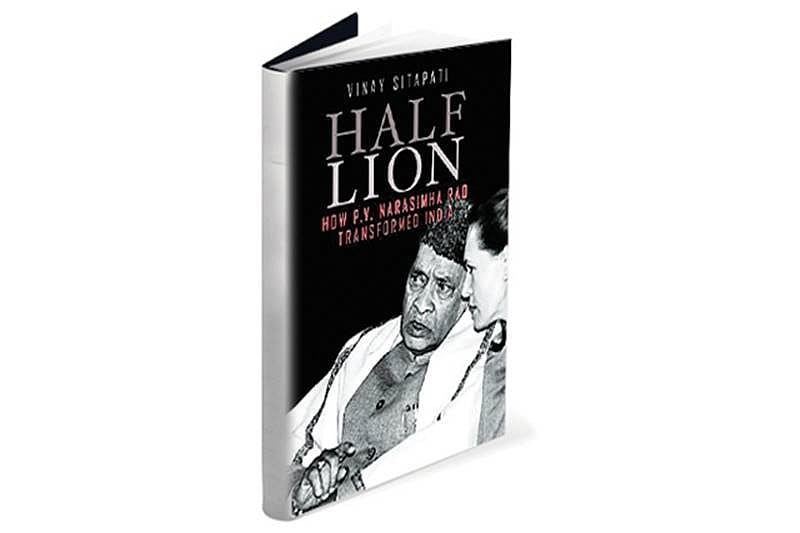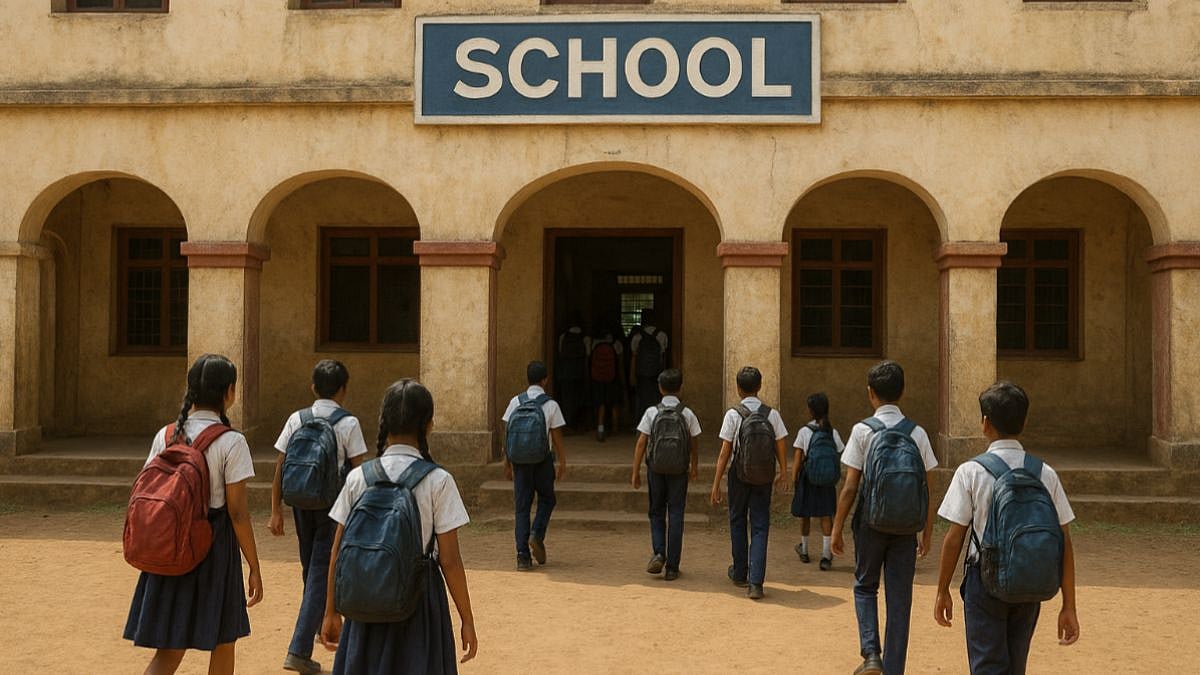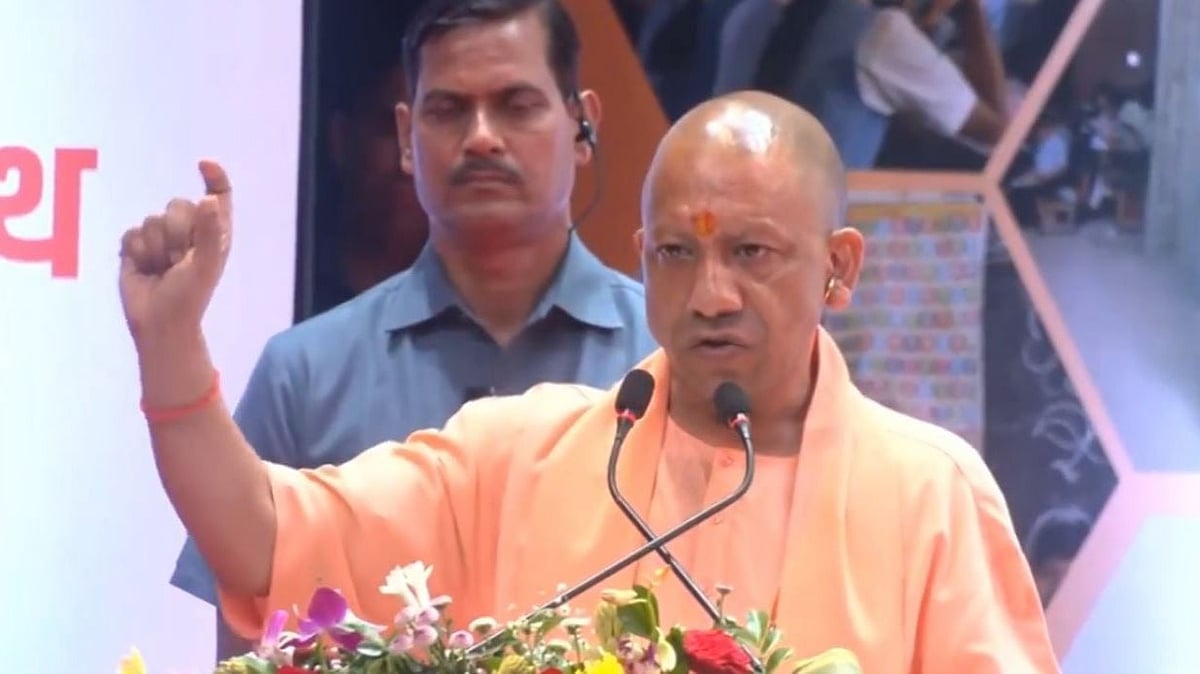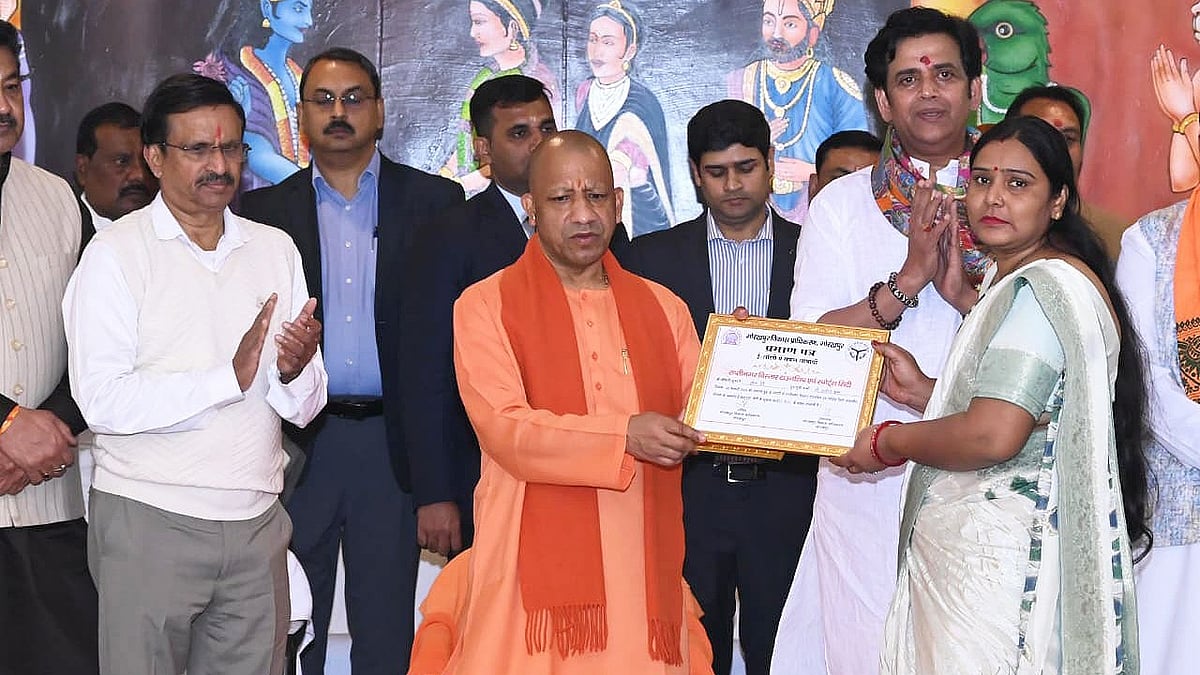Book : HALF LION : How P V NARASIMHA RAO Transformed India.
Author : Vinay Sitapati.
Publisher : Penguin Random House.
Pages : 391.
Price : Rs 699/-.
Former Prime Minister P V Narasimha Rao’s political journey has been traumatic and tragic interspersed with invigorating and challenging aspects. With the shadow of 10 Janpath looming large at times, he preferred being in the background. Beating all odds in becoming the Prime Minister, Rao carved a niche for himself in the country’s history despite inheriting a nation adrift with violent insurgencies and economic crisis.
Even though the Congress party did not trust him, Rao transformed the economy and ushered this country into the global arena. This fascinating book — Half Lion: How P V Narasimha Rao Transformed India — provides an insight into what all he had to endure as the country’s Head of Government. His determination and resolve to undertake economic reforms despite tremendous odds has been painstakingly put together by author Vinay Sitapati.
Much to the discomfiture of the dynastic, political family of the Nehru-Gandhis, Rao achieved his objective with the least fuss. In the process Rao created a scare of upstaging the dynasty. He constantly invoked the name of Jawaharlal Nehru. This calculated ploy paid rich dividends. His strength lay in learning valuable lessons from every obstacle put in his way.
Rao’s end was swift, the fall steep. He was encircled by legal cases after quitting as Prime Minister in May 1996. When Sonia Gandhi took over as the Congress president in 1998, she was determined to erase Rao from the Congress pantheon. ‘That man is not a Congressman,’ Rahul Gandhi told a senior party leader, ‘because of him we have lost UP forever.’
Rao ensured his family stayed away from politics. His son Rajeshwara, complains ‘I have been waiting for a full decade for a meeting with Sonia Gandhi.’ She refuses. Only a few Congressmen visited him. Exile was not new for Rao. He had been banished by Indira Gandhi in 1973 and 1976 and again by Rajiv Gandhi in 1991.
In his dying days Rao was criticised for the anti-Sikh riots, accused of letting the guilty escape after the Bhopal gas leak, and above all blamed for complicity in the demolition of the Babri Masjid. He has been portrayed as corrupt and being communal, vacillating and vicious. These political attacks on so consequential a figure have not been countered through academic research so far.
As Rao’s biographer Nigel Hamilton puts it: “One major reason is that academics tend to discount the role that individual leadership plays in shaping the arc of history. Amazingly Rao was in the right place at the right time. It is not his action that deserves study, it is his historical context.” Rao deserves credit for managing a minority government for a full five-year term. He survived three motions of ‘No Confidence’ against his government.
Former union minister K Natwar Singh praised Sitapati “for an extraordinary portrait of an erudite and delphic Prime Minister. History has been unkind to him and the author has resurrected him”. Well known historian and author Ramachandra Guha observed despite Rao’s crucial role of opening up the Indian economy, he remains an elusive and largely unhonoured figure. The author “restores Rao to his rightful place in modern Indian history.”
Sitapati dexterously combines documentary research with interviews to bring Rao “vividly alive in his multiple avatars: politician, scholar, follower, leader, family man, friend,” emphasises Guha. The transformation that Rao brought about were in the most trying of circumstances. He worked in a fractious democracy. A usurper of the Nerhu-Gandhi throne, Rao did not control his own party.
No national leader who achieved his scale of transformation worked under such constraints. It makes Rao the most skilled Indian Prime Minister since Jawaharlal Nehru, a twentieth century reformer as consequential as Deng Xiaoping. His personality is central to the transformation of India, a shift caused not by historical forces but by the leadership of one man.
‘You can use a biography to examine political power’ says Robert Caro, a prince among biographers. ‘But only if you pick the right guy.’ Sitapati had exclusive access to Rao’s never-before-seen personal papers and diaries throwing fresh light about the Indian economy, the nuclear programme, foreign policy and the Babri Masjid.
Recalling PV’s humiliation in retirement, the author never loses sight of the inner man, his difficult childhood, his corruption and love affairs and his loneliness. This political biography written in a lucid style provides valuable and fresh insight of a man and his remarkable capabilities which the Congress high command loathed. It is important that the people at large realise that Rao reinvented India at home and abroad.
When Rao died in December 2004, his family wanted the body cremated in Delhi. “This is his karmabhoomi,” Prabhakara told Manmohan Singh. Sonia’s closest aides would not have any of it. They ensured Rao’s body was taken to Hyderabad so that Rao is not viewed as an all India leader.
As a political scientist, journalist and lawyer, Sitapati has endeavoured in restoring the prestige of Rao and record his contribution of daring to take the first major steps in liberalising the economy. The author is emphatic as long as Indians remain half-lions, so must their representatives. Rao’s legacy lives on. A highly absorbing and must read book.









